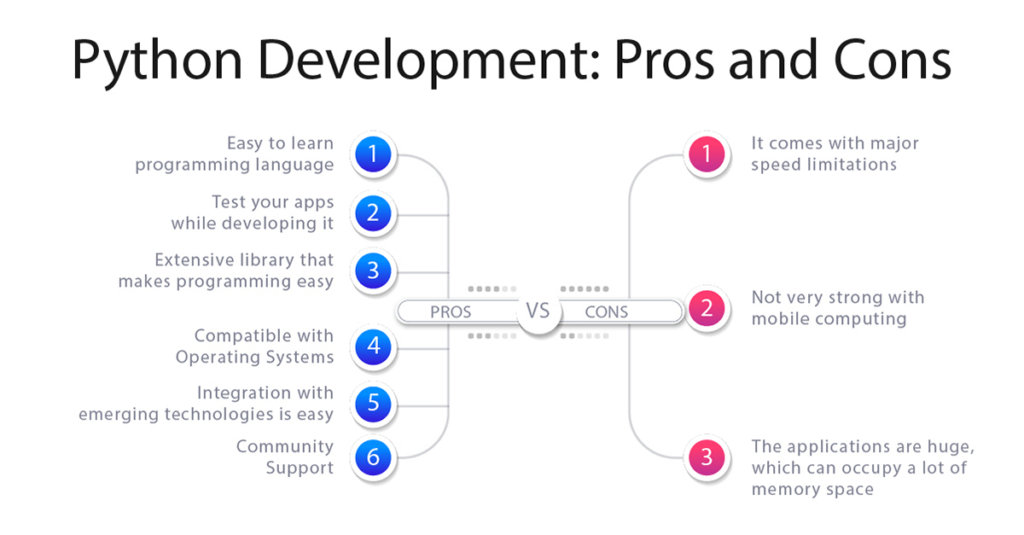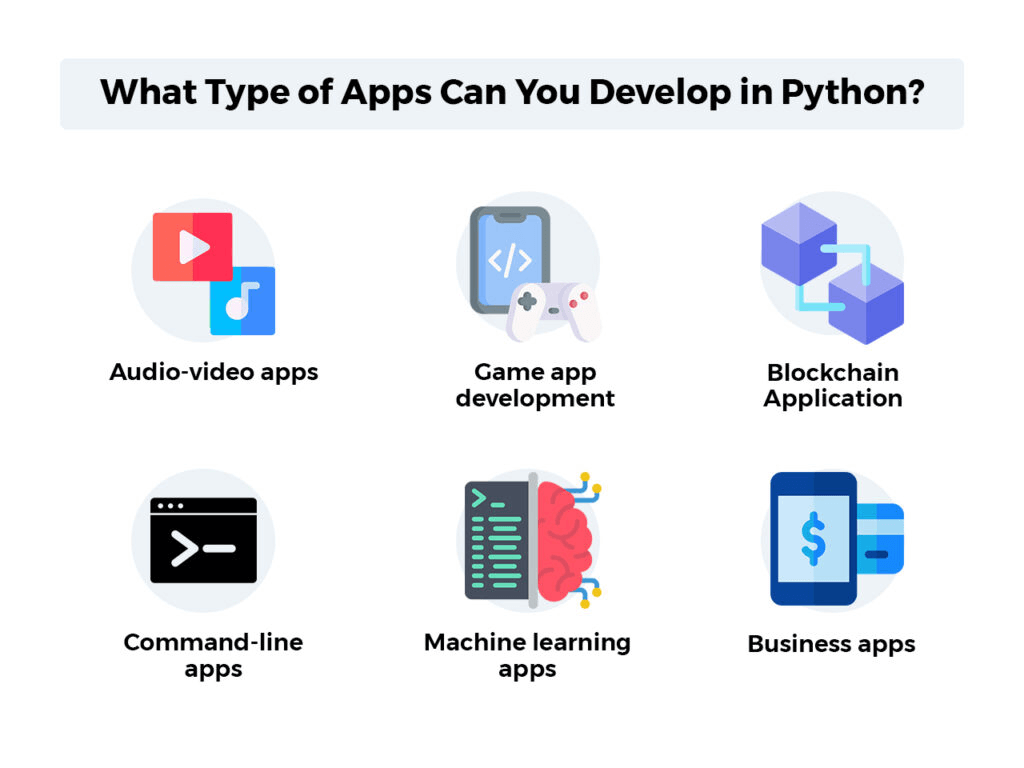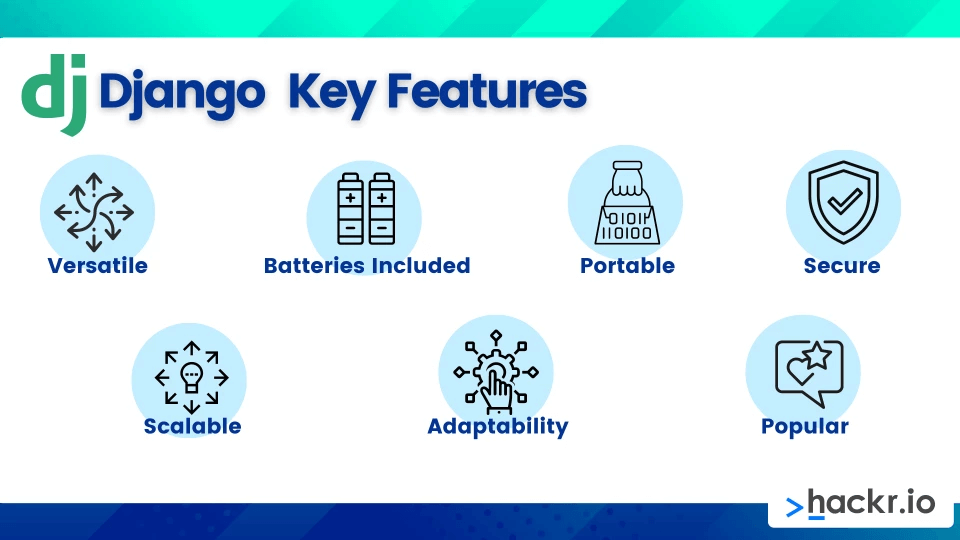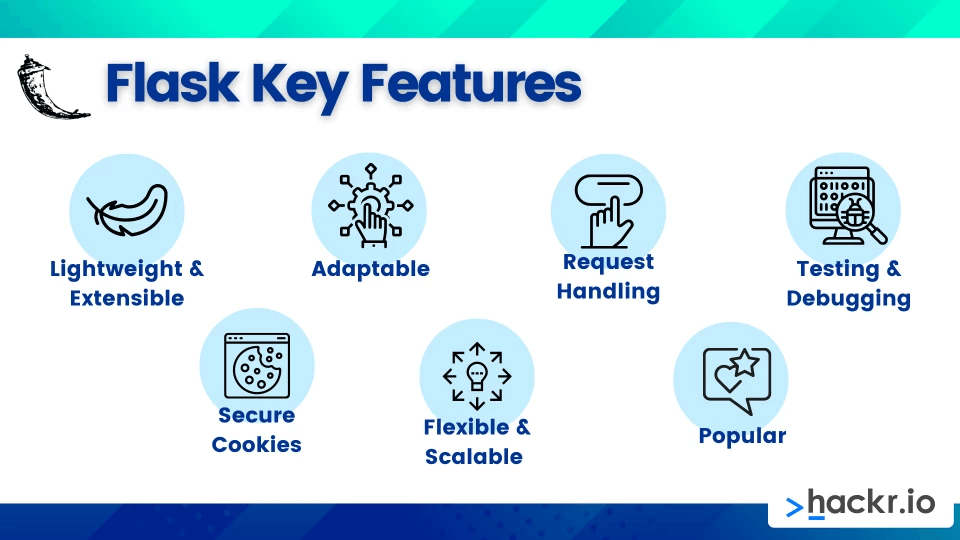Python, known for its simplicity and versatility, has firmly established itself as one of the premier programming languages in the world. Its application spans across various domains, including web development, data science, automation, and more. However, one area where Python truly shines is in mobile app development. In this article, we will explore the world of Python app development and delve into the expertise of Software Development Companies in harnessing Python’s capabilities to craft innovative and user-friendly web and mobile applications.
The Rise of Python in Mobile App Development
Python’s influence extends far beyond web development, making it a compelling choice for mobile app development. Its clean and readable syntax, coupled with a vast ecosystem of libraries and frameworks, has drawn the attention of developers and businesses alike.
Python’s adaptability allows developers to create cross-platform applications efficiently. Cross-platform frameworks like Kivy, Pyqtdeploy, and BeeWare leverage Python’s strengths to build mobile apps that run seamlessly on both Android and iOS platforms. This cross-platform approach streamlines development, reduces costs, and ensures a consistent user experience across devices.
Python offers many benefits and little disadvantages, which is what makes it such a popular language. According to ExpertAppDevs (see the picture below) Python is not only very easy to learn thanks to, among other things, an extensive library that makes programming easy and a very supportive community, but it also offers a possibility of testing your apps while developing it and enables an easy integration with emerging technologies. It’s also a huge advantage that it is compatible with Operating Systems. However, it does come with major speed limitations, isn’t so easy to use with mobile computing and applications developed in it can often occupy a lot of space. You can see it all nicely summed up on the graph prepared by Expert App Devs:

What type of software can you develop with Python?
There are many different apps that you can develop using Python, which is why this language is so popular in the first place. It can be used in the development of audio-video apps, in Blockchain applications, Command-line apps, Machine Learning Apps, Business Apps and even Game Development. Python can also be used with Java for Android Apps and IOS Apps. As Distant Job writes, there are a lot of tools that can help you implement Python in Java and vice versa.

The illustration belongs to Distant.job.com.
The Power of Kivy Framework
Among the various frameworks available for Python app development, Kivy stands out as a powerful and versatile choice. Its cross-platform capabilities allow for the development of mobile applications that transcend the boundaries of operating systems.
With Kivy, software development companies can create mobile apps that cater to a broader audience. Instead of maintaining separate codebases for Android and iOS, Kivy enables them to develop from a single codebase. This approach not only saves time but also optimised resource allocation, eliminating the need for dedicated Android and iOS development teams.
Kivy’s flexibility extends to its graphical user interface (GUI) capabilities, making it suitable for a wide range of applications.
Django Development: Unleash the Power of Python Web Mastery
Django, another one of Python frameworks, often hailed as the crown jewel of Python web frameworks, is a powerhouse that simplifies web development like no other. It’s the go-to choice when you need to build web applications with finesse and efficiency. Django follows the “batteries-included” philosophy, meaning it equips developers with a treasure trove of tools and features. Imagine having a personal team of experts handling routing, database management, user authentication, and more while you focus on your application’s unique features. That’s Django in a nutshell! This framework is perfect for crafting feature-rich web applications, content management systems, and bustling e-commerce platforms. With Django, you’re not just building a web app; you’re crafting a digital masterpiece. Its adherence to the Model-View-Controller (MVC) pattern ensures your code stays clean and maintainable, and its active community and rich ecosystem make it a top choice for large-scale, data-driven applications. Django’s the framework for those who aim high.

Pyramid Development: Design Your Destiny with Python Flexibility
Pyramid, the chameleon of Python web frameworks, thrives on flexibility and adaptability. Unlike Django’s “batteries-included” approach, Pyramid offers you the freedom to design your web application’s destiny. It’s like a toolbox with everything you need, but you get to choose which tools to use. This flexibility is pure gold when you’re working on projects of different sizes and complexity levels. You’re the architect, and Pyramid provides you with the building blocks. Need a database? Pick your favorite one. Want a templating engine? It’s your call. Pyramid’s minimalistic and unobtrusive structure empowers you to create prototypes, APIs, and applications with simplicity and customization at the forefront. It’s perfect for those who appreciate the beauty of a blank canvas and want to paint their web application masterpiece exactly as they envision it.
Flask Development: Craft Elegance and Efficiency with Python Simplicity
Flask, the cool and nimble contender in the Python web framework arena, is all about simplicity with a side of flexibility. It’s like a sports car that handles like a dream, offering just what you need and nothing more. Flask strikes the perfect balance between minimalism and functionality, making it a darling choice for small to medium-sized web applications and microservices. It doesn’t impose a strict structure on you; instead, it encourages you to build your application from scratch. Think of it as having a toolkit with the essentials, and you get to choose which tools to pull out. Flask’s minimalistic approach and gentle learning curve make it a top pick for rapid prototyping, RESTful APIs, and projects that thrive on simplicity and customization. With Flask, you’re not just coding; you’re crafting a sleek and efficient web application tailored to your exact specifications. It’s the framework for those who savor the freedom to design and build with elegance and simplicity.

Python’s Role in Rapid Prototyping
Python’s simplicity and extensive library support make it an invaluable resource for rapidly prototyping and developing Minimum Viable Products (MVPs). These preliminary versions of applications play a pivotal role in testing concepts, gathering user feedback, and making informed decisions regarding the app’s future development.
Harnessing Python’s libraries, developers can expedite the creation of prototypes with precision. Whether it’s validating a groundbreaking business idea or implementing an innovative feature, Python’s innate flexibility streamlines the development process.
Partnering with the Right Software Development Team for Python App Development
When venturing into the world of Python app development, choosing the right software development team is paramount to success. Finding a team that not only excels in Python but also possesses expertise in mobile app design, user experience (UX), and backend integration can make all the difference. The ideal team should embody meticulous planning, agile methodologies, and an unwavering commitment to delivering apps that not only meet but exceed client expectations.
Effective collaboration between developers and clients is the cornerstone of a successful project. Your chosen development team should work closely with you to ensure that your vision is not just understood but translated into a functional and user-friendly mobile application.
Moreover, a forward-thinking development team prioritises the use of the latest technologies and best practices. This commitment ensures that mobile apps are not only secure and scalable but also future-ready. Rigorous testing and quality assurance procedures are non-negotiable, guaranteeing that apps perform flawlessly on various devices and platforms.
The right software development team is your partner in turning your app idea into reality, and their expertise and commitment will play a pivotal role in the success of your Python app development project.
Key Takeaways
- Python’s influence in mobile app development extends beyond web development.
- Cross-platform frameworks like Kivy simplify the development process and reduce costs.
- Python’s simplicity and extensive library support enable rapid prototyping.
- You should look for an experienced software development company to help you develop high-quality, user-friendly applications.
Conclusion
Python app development, driven by frameworks like Kivy, Django, or Flask, offers a compelling and efficient solution for businesses and entrepreneurs looking to tap into the mobile and web app market. Whether you have a groundbreaking concept or want to optimise an existing app, partnering with a proficient Python app development team can help you navigate the complex landscape of mobile app development.
With Python’s adaptability and cross-platform capabilities, you can bring innovative and user-friendly mobile applications to your audience while staying ahead of the competition. It’s all about crafting exceptional digital experiences, and Python empowers you to do just that.
